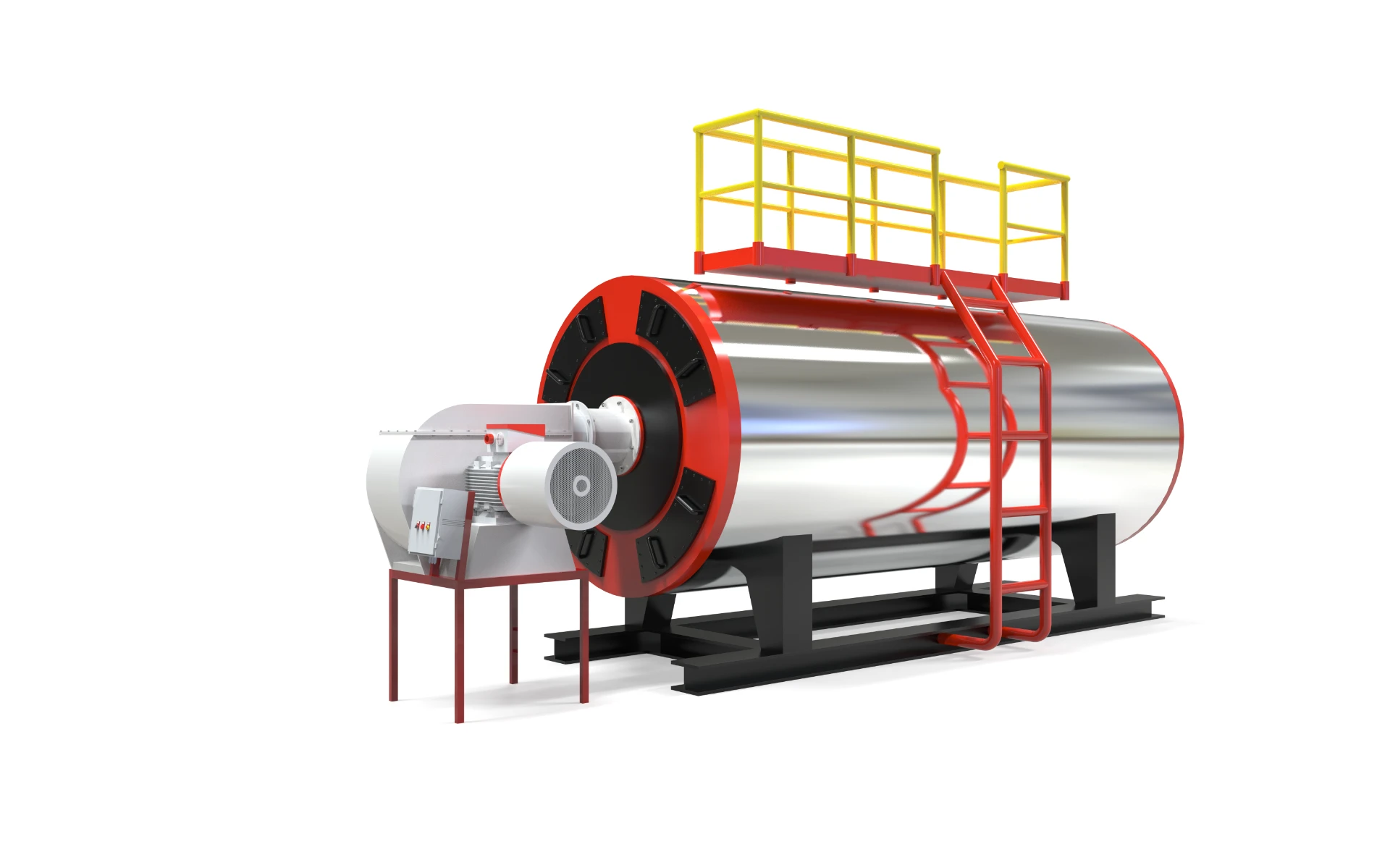
Dec . 19, 2024 11:28 Back to list
boiler hot oil
Understanding Boiler Hot Oil Systems An Overview
Boiler hot oil systems are essential components in many industrial and commercial applications. They provide a reliable method of transferring heat for various processes ranging from food processing to chemical manufacturing. Unlike traditional steam boilers, which use water as the heat transfer medium, hot oil systems utilize thermal oils, allowing for operation at higher temperatures without the risk of boiling or pressurization issues. This article will delve into the principles, advantages, applications, and maintenance of boiler hot oil systems.
Principle of Operation
The fundamental principle behind a boiler hot oil system is relatively straightforward. The system typically consists of a heating unit, a thermal oil loop, and a heat exchanger. The heating unit, often a coiled or fired heater, heats the thermal oil to the desired temperature. This oil is then circulated through a network of pipes to various points of use, where the heat is transferred through heat exchangers to process fluids or air.
Thermal oils are specifically designed to withstand high temperatures without degradation. They possess excellent thermal stability, allowing them to operate efficiently at temperatures that would vaporize or degrade water. As a result, hot oil systems can achieve operating temperatures upwards of 300°C (572°F) while maintaining atmospheric pressure, unlike steam systems that operate under high pressure, which can pose safety risks.
Advantages of Boiler Hot Oil Systems
1. Higher Efficiency Hot oil systems generally offer higher thermal efficiency compared to steam systems. The ability to maintain higher temperatures without pressurization results in reduced heat loss and improved energy use.
2. Safety Operating at low pressure eliminates many of the risks associated with steam boilers, such as explosion hazards. Hot oil systems typically have fewer safety concerns related to pressure build-up.
3. Versatility These systems can be designed for a wide range of applications, making them suitable for industries like food processing, petrochemicals, plastics, and textiles.
4. Temperature Control The flexibility of thermal oils allows for precise temperature control, enabling manufacturers to tailor processes to specific requirements. This is particularly important in industries where product quality is closely tied to temperature management.
5. Reduced Maintenance Costs With fewer components under high pressure and a more straightforward operation, hot oil systems can lead to lower maintenance costs and reduced downtime.
Applications
Boiler hot oil systems are utilized in various industries due to their efficiency and flexibility. Some common applications include
boiler hot oil

- Food and Beverage Processing Maintaining specific temperatures in processing lines, such as for frying or drying, to ensure product quality. - Chemical Processing Providing the necessary heat for reactions or distillation processes, where temperature stability is critical.
- Plastics and Rubber Manufacturing Heating molds and maintaining consistent temperatures in the production of plastic products.
- Pharmaceuticals Ensuring proper conditions during the formulation and mixing processes to maintain product integrity.
Maintenance Considerations
While boiler hot oil systems are easier to maintain than traditional steam systems, regular maintenance is still crucial for optimal performance. Here are some key maintenance practices
1. Monitoring Oil Quality The thermal oil should be regularly tested for contaminants, oxidation, and viscosity changes. Poor oil quality can lead to decreased efficiency and system failures.
2. Inspecting the Heating Unit Routine inspections of the heating unit and associated components are essential to prevent leaks and ensure proper operation.
3. Cleaning Heat Exchangers Regular cleaning of heat exchangers to prevent fouling can improve heat transfer efficiency and prolong the system's lifespan.
4. Thermal Expansion Considerations As thermal oil is heated, it expands. Proper design and maintenance of expansion tanks are vital to accommodate this change without causing hazards.
5. Safety Checks Although hot oil systems operate at low pressures, routine safety checks and compliance with regulations are necessary to ensure a safe working environment.
Conclusion
Boiler hot oil systems represent an efficient, safe, and versatile solution for a variety of industrial heating applications. With their ability to operate at higher temperatures and lower pressures, they are increasingly becoming the preferred choice for many manufacturers. However, like any industrial system, they require careful maintenance and monitoring to ensure optimal performance and safety. By understanding the principles and applications of boiler hot oil systems, industries can harness their benefits for improved productivity and reliability.
-
Oil Fired Hot Water Boilers Sale - High Efficiency & Affordable
NewsJul.31,2025
-
High-Efficiency Commercial Oil Fired Steam Boiler for Industry
NewsJul.30,2025
-
High-Efficiency Biomass Fired Thermal Oil Boiler Solutions
NewsJul.30,2025
-
High Efficiency Gas Fired Thermal Oil Boiler for Industrial Heating
NewsJul.29,2025
-
High-Efficiency Gas Fired Hot Water Boiler for Sale – Reliable & Affordable
NewsJul.29,2025
-
High Efficiency Biomass Fired Hot Water Boiler for Industrial and Commercial Use
NewsJul.29,2025
Related PRODUCTS






















